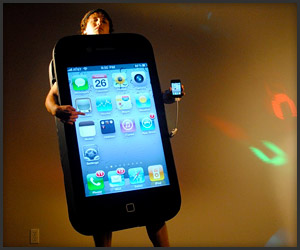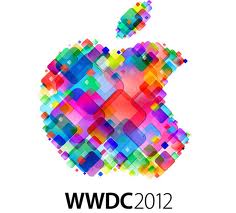David and I have both had the unique opportunity to be at organizations that were gobbled up by bigger organizations. When we were at MDL (www.mdl.com is currently owned by a squatter. Sad) we were purchased by Reed Elsevier (now called RELX Group. Weird.) and operated mostly independently until Reed Elsevier spun us off and sold us to Symyx (www.symyx.com redirects to www.accelrys.com which displays a company called BioVia. Karma.). The Symyx acquisition was pretty horrible, IMO. There is still a bad taste in my mouth over that one. I left Symyx shortly after the acquisition for WatchGuard, and David stayed on for a while until he was laid off.
David and I have since been acquired again. David’s company now belongs to IBM, and my company now belongs to HP. We both agree that we would’ve never guessed that we would be working for IBM and/or HP. The thought, even now, seems a bit preposterous. But there it is…we work for massive companies.
This is nothing new, and we all know it. Companies grow one of three ways: they grow organically by increasing their customer base, they grow by acquiring a smaller company and it’s associated customers, or a combination of both. It stands to reason that the third option is where large companies want to be, but as you gain more and more customers, it becomes increasingly difficult to grow organically as the potential target customer numbers shrink. Take Kleenex as an example…their product is so ubiquitous that it has become a noun, not just a brand. We even call non-branded facial tissue “Kleenex.” How many more customers can they possibly add at this point through organic growth (discounting the addition through the birth of new humans)?
If you are a large company and you want to grow beyond existing customer base, you diversify your product line to attract more/different customers, or to get existing customers to buy more of your stuff. This means either developing new stuff, or acquiring someone who already HAS developed new stuff. In my experience, it is almost ALWAYS the latter that happens, especially in tech.
Now, in the best scenarios, the acquirer knows to leave well enough alone. After all, you acquired them BECAUSE they were already valuable, so why change them and impact their value? I agree that some cross-pollination has to occur, and that in some cases, there may be overlapping redundancies. But from a product perspective, the acquiree knows exactly how to make and sell their stuff, and they know how to do it better than the acquirer.
To be honest, I am still sorting out how I feel about being acquired, but I am doing this through the lense of my own personality. And I am an optimist. So I believe that it will work out well for me and for Aruba Networks (this is the part where you snort and call me “naive.” It’s okay, I can deal with it). So far, it looks like things are working out very well for David over at his gig as well. But our respective acquirers are following the rule laid out above.
Time will tell. It always does.




